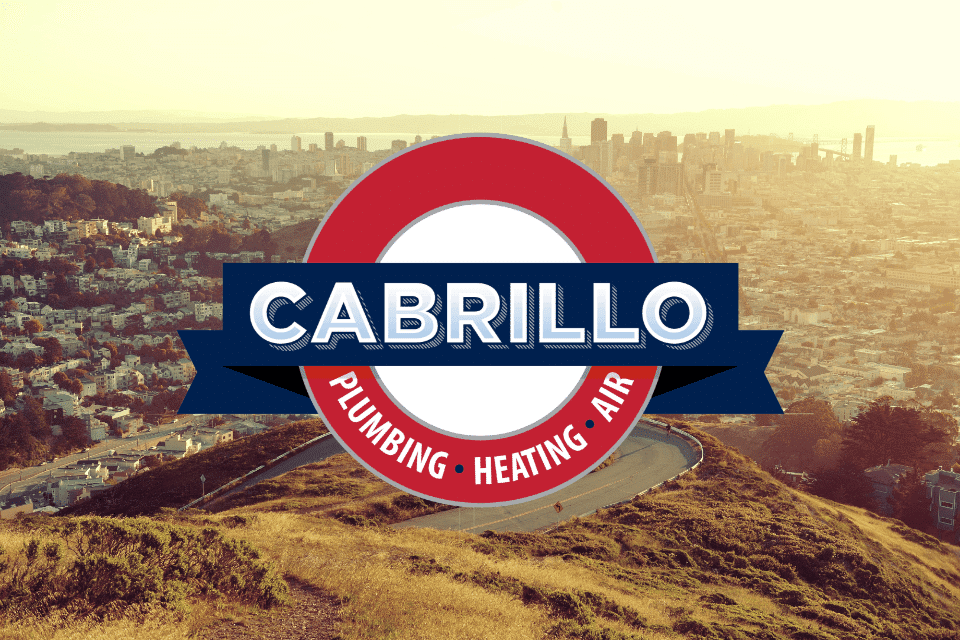
If you search the Internet for ways to save energy at home, one suggestion that you might come across is to close the supply vents in unused rooms. This might sound like a good idea at first, but the truth is that it can have some seriously negative consequences on your home. Today we’re going to do a little bit of myth busting by answering the question, “Should I close vents in unused rooms?”
Your heating and cooling system is designed to operate under specific conditions
Your furnace and air conditioner work by pulling in air from the rooms in your home (through the return vents) and cycling that air back to those rooms (through the supply vents) after the air has been conditioned. By consuming and expelling the same amount of air, the pressure inside of your ductwork is supposed to be balanced.
When your heating and cooling system is running, it is assuming that it is providing conditioned air to yourentire home. If you close off the vents in a particular room, your furnace or air conditioner still assumes that it is supplying air to every room in your home. As a result, the pressure inside of your ducts increases because your system is supplying more air than is actually being delivered.
What happens if I close vents in unused rooms?
By raising the pressure inside of your ducts, closing off vents in unused rooms can have the following consequences:
- Increased duct leakage. Many homes have cracks and openings in their ductwork that allow conditioned air to escape. This can be a big waste of energy if you don’t have your ducts sealed, and it’s an even bigger problem when you close off vents in unused rooms. That’s because the high pressure inside of your ducts will push more air out of those leaks. So even small leaks in your duct system can end up being the source of major efficiency losses.
- Wasted energy. The whole idea behind closing off vents in unused rooms was to save energy, so you might be surprised to hear that doing so can actually have the opposite effect! Along with the efficiency losses that you might experience from duct leaks (above), your blower motor can actually end up working harder when your ducts are under high pressure conditions.
- Poor airflow. When your heating and cooling system is trying to consume more air than it is able to deliver, your home will end up having poor airflow. This can have a couple big consequences. For one, your home will not be as comfortable because conditioned air will not be distributed properly. In addition, poor airflow in your furnace can increase the risk of a cracked heat exchanger.
- Increased risk of breakdowns. Any time that your system is forced to work harder than usual or under conditions that it’s not designed to handle, there is a much bigger chance that it will break down.
A better alternative to closing vents in unused rooms
Instead of closing off vents in unused rooms, a smarter way to save energy is to install a zoning system in your home. With a zoning system, you can section off parts of your home that are not used as often and have them conditioned separately from the rest of your home. This will get the effect that you were looking for by closing off vents, except it won’t throw off the pressure balance in your ducts.
If you have any questions about closing vents in unused rooms, or if you’d like a heating and cooling system serviced or installed in your home, contact Cabrillo, your Bay Area plumbing, heating and air conditioning contractor.
